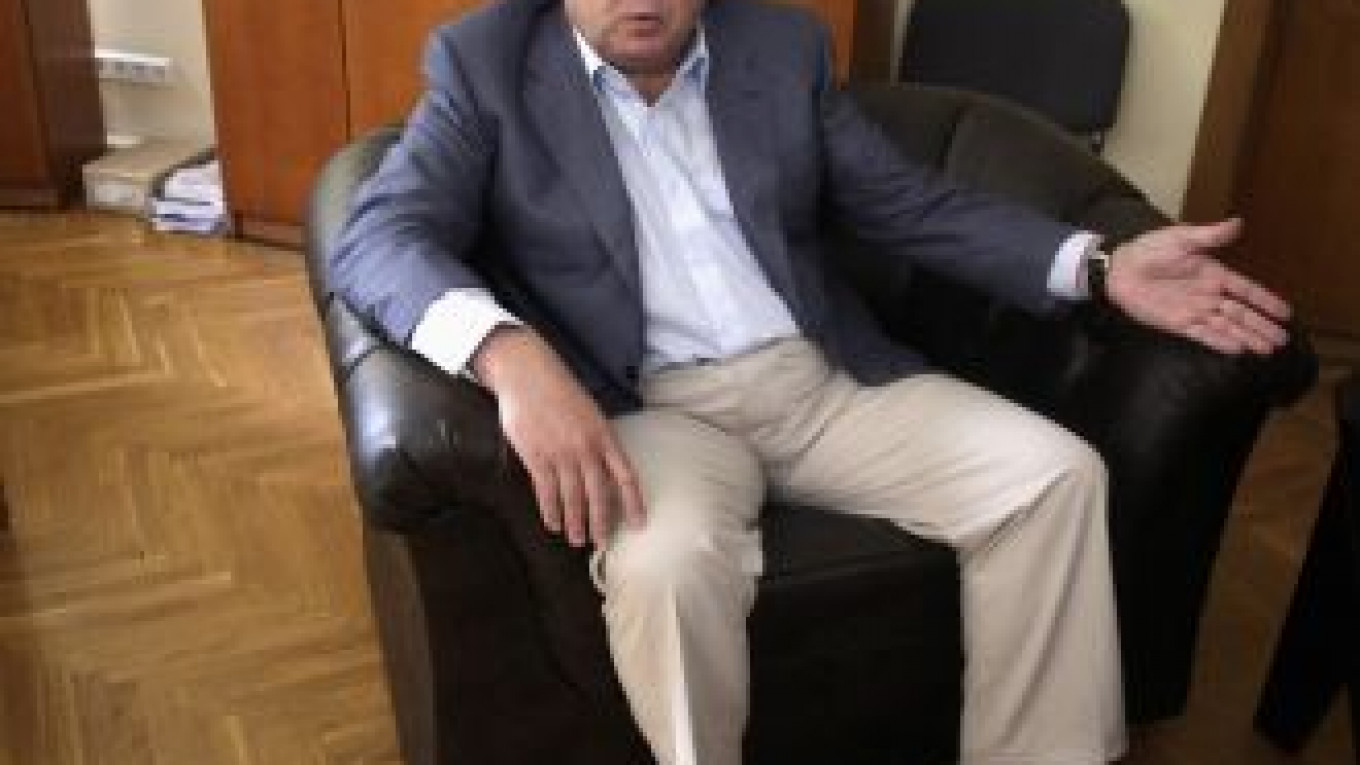RIGA, Aug 26 (Reuters) — A party widely backed by Latvia's Russian-speaking minority hopes for first or second place in an election next month and hopes formerly hostile ethnic Latvian parties will be ready to work with it, its leader said on Friday.
One problem is that Harmony Center leader Janis Urbanovics is at odds with key rivals on economic policy: he opposes a quick adoption of the euro and wants a review of the terms of an international bailout which gave the small Baltic nation a financial lifeline after the 2008 economic crash.
"We are happy that all the biggest political parties with a hope to be represented in the next parliament in even a minimal way talk about us," Urbanovics told Reuters in an interview.
"They ... are actually preparing their voters for the inevitable fact that at some point, and most likely soon, they will have to cooperate with the previously ignored, hated and demonized Harmony Center."
Latvia is holding a snap parliamentary election on September 17, less than a year after the last election.
This follows a referendum in July which dissolved parliament amid wide anger at legislators. The referendum was forced by former President Valdis Zatlers, who was angry at parliament's refusal to combat corruption.
The country is slowly emerging from the worst economic slump in the European Union, marked by an 18 percent fall in Latvian output in 2009. Unemployment remains high and many Latvians are emigrating.
"Now they (ruling parties) want to introduce the euro at any cost. We respond: what difference does it make if someone's pocket is empty, whether it be lats or euros," he said.
Ethnic Latvian parties have long painted Harmony Center as part of the long arm of Russian influence, something the country has tried to escape since it regained its independence in 1991.
About a third of the 2.2 million population are Russian speakers -- ethnic Russians, Ukrainians and Belarussians. Just over half of them have the right to vote in elections and have traditionally provided a bedrock of support for Harmony Center.
But the party thinks anger over the economic crisis and its positioning as a social democratic alternative have drawn support from people across the ethnic divide.
An opinion poll this week showed Harmony Center in first place with 18.1 percent support. The newly created Reform Party of former president Valdis Zatlers and the main current ruling coalition party, Unity, were second and third.
Harmony Center came second in the October 2010 election but did not get invited into government, which was formed by Unity.
One reason, apart from historical nervousness over Russia, was that Harmony Center has been critical of the ruling parties' economic policies -- embracing the goal of adopting the euro in 2014 and sticking closely to the terms of the 7.5 billion euro bailout, led by the IMF and EU.
Urbanovics said Latvia should create jobs, rather than cut them under the austerity measures required by the bailout deal.
"By consolidating only the budget, we cut jobs and also reduce our possibilities to repay the loan," Urbanovics said.
Latvia's economy is expected to grow by 3.3 percent this year after contracting 0.3 percent last year. Unemployment remains high, at 16 percent in the second quarter.
A Message from The Moscow Times:
Dear readers,
We are facing unprecedented challenges. Russia's Prosecutor General's Office has designated The Moscow Times as an "undesirable" organization, criminalizing our work and putting our staff at risk of prosecution. This follows our earlier unjust labeling as a "foreign agent."
These actions are direct attempts to silence independent journalism in Russia. The authorities claim our work "discredits the decisions of the Russian leadership." We see things differently: we strive to provide accurate, unbiased reporting on Russia.
We, the journalists of The Moscow Times, refuse to be silenced. But to continue our work, we need your help.
Your support, no matter how small, makes a world of difference. If you can, please support us monthly starting from just $2. It's quick to set up, and every contribution makes a significant impact.
By supporting The Moscow Times, you're defending open, independent journalism in the face of repression. Thank you for standing with us.
Remind me later.






